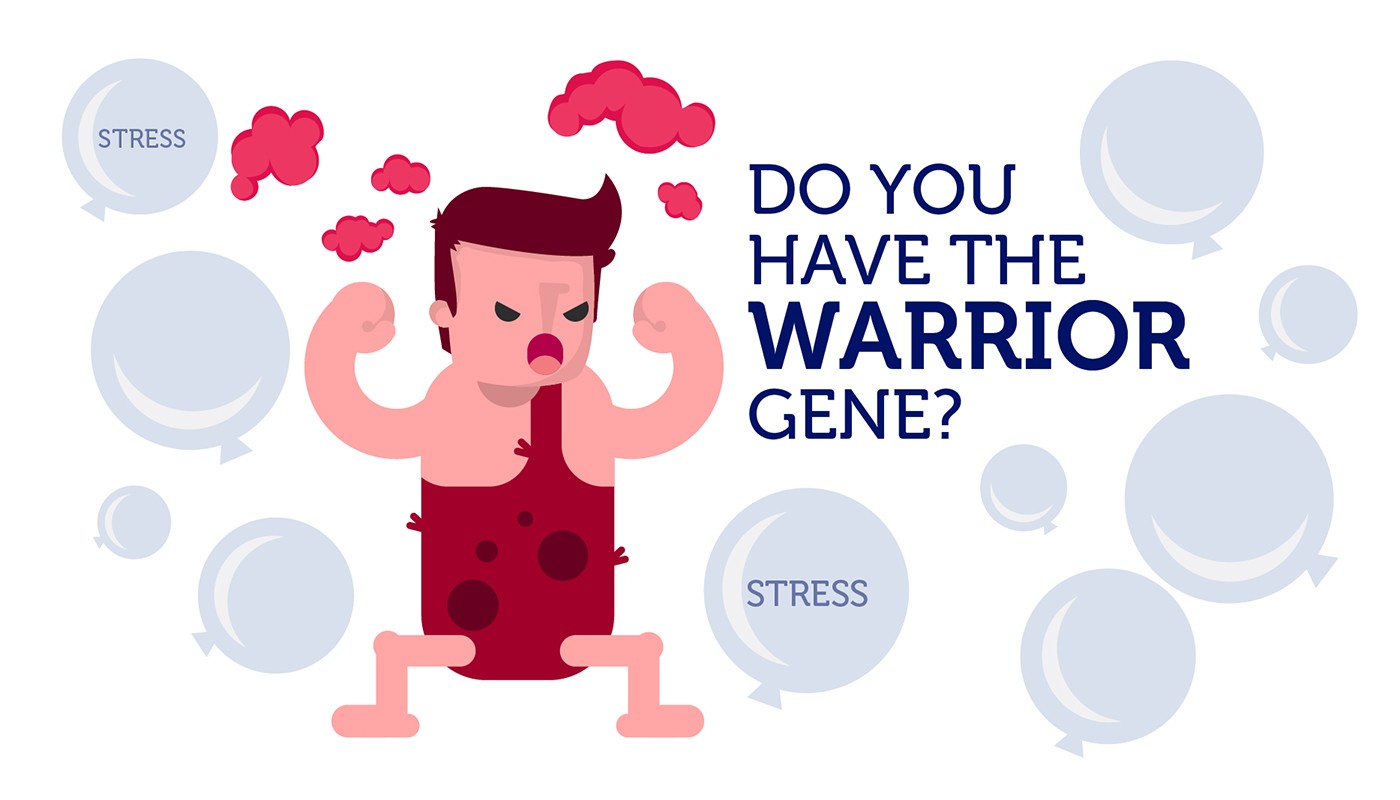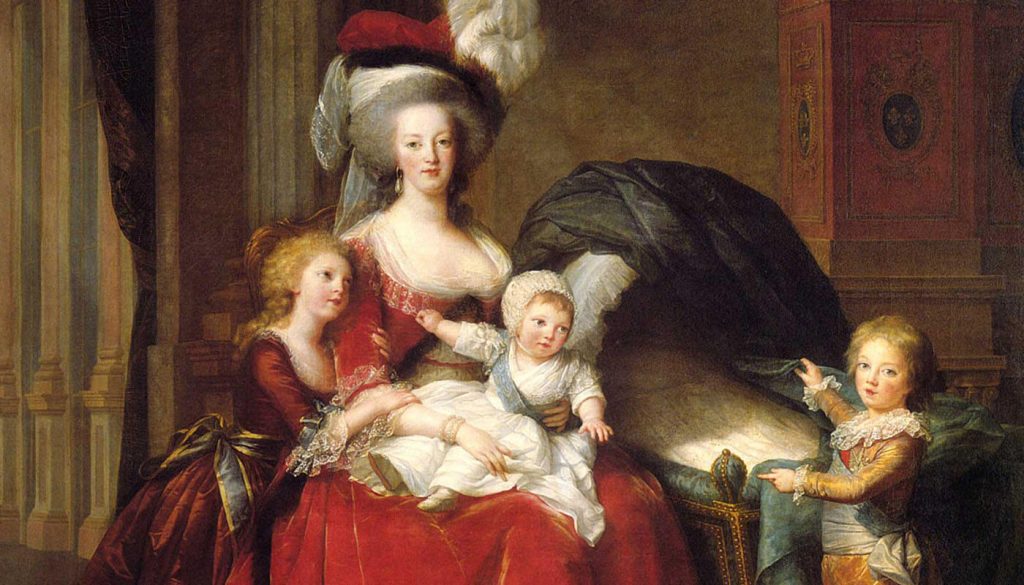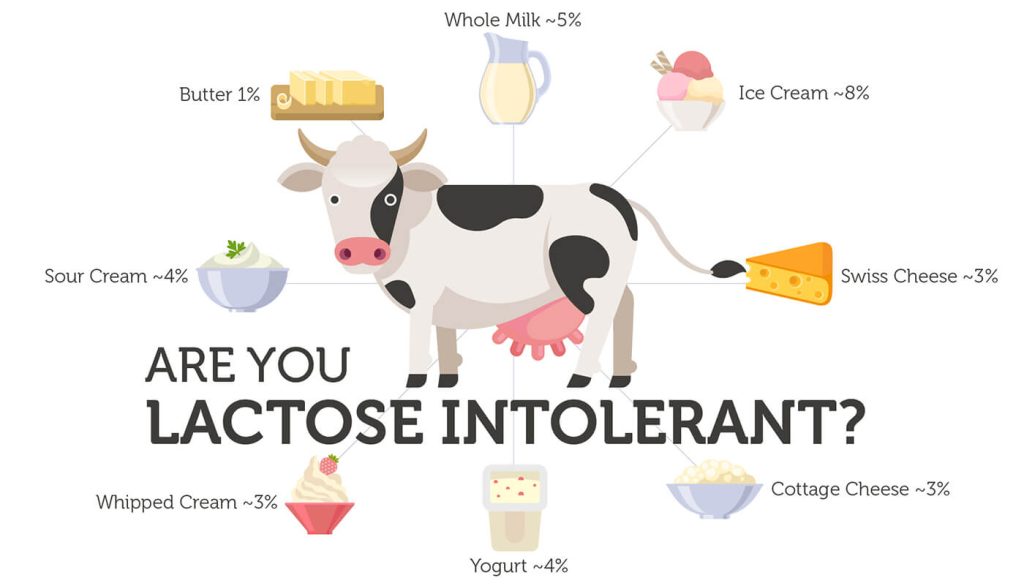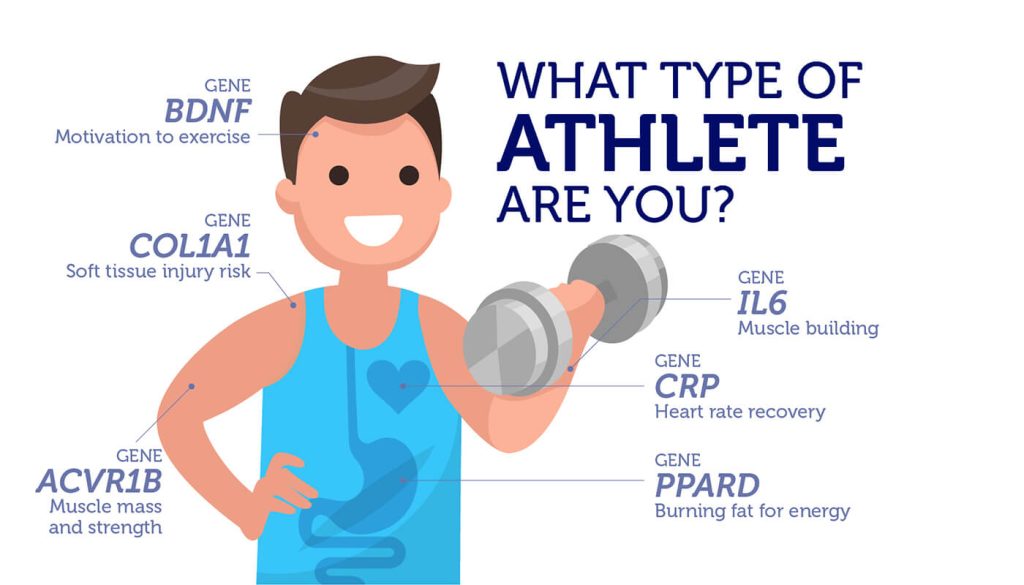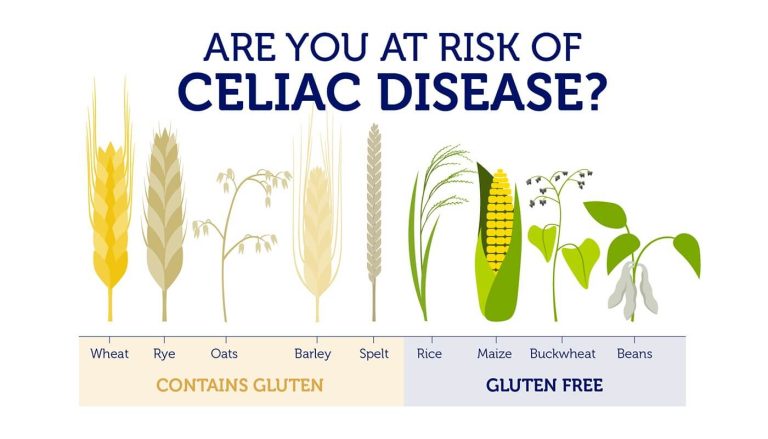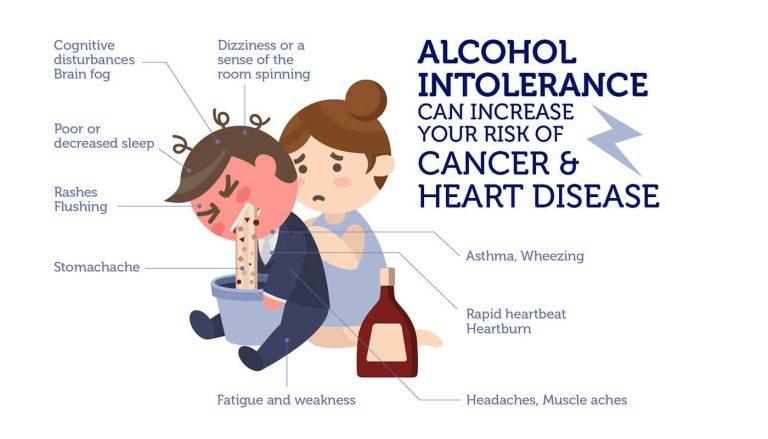When the brilliant nuclear physicist Bruce Banner was caught in a blast of gamma radiation, his physiology changed. Ever since the accident, when he’s stressed Bruce turns from a mild mannered scientist into a green machine of destruction, known as the Incredible Hulk.
Marvel’s backstory on the Hulk may be too far fetched to be real. But, the premise behind his transformation, the imbalance of chemical messengers (neurotransmitters) in the brain, is not at all fictional.
There are men among us who are predisposed to aggression, and genetic changes in the MAOA gene (aka the “warrior” gene), are behind their impulsive bouts of aggression.
The MAOA gene
The MAOA gene gives instructions to make an enzyme, monoamine oxidase A. This enzyme is responsible for the breakdown of three important neurotransmitters – norepinephrine, dopamine and serotonin.
Norepinephrine is involved in the “fight or flight response” influencing blood pressure and alertness. Both dopamine and serotonin affect mood and alertness, and are linked to psychiatric disorders.
Discovering MAOA mutations
Changes in the MAOA gene were first discovered in a study of a Dutch family with a history of violence. A concerned woman contacted clinical geneticists, because in just the last five generations, 14 men in her family had displayed abnormal behavior.
Each man had a history of impulsive aggression, with some even involved in arson, exhibitionism, and attempted rape. The underlying cause of their behaviors appeared to be genetic. The woman was concerned that she too carried this genetic change, and could pass it onto her children.
Studying five of the affected men, who were still alive, showed that they had no monoamine oxidase A enzyme activity. This led geneticists to the MAOA gene. They identified the same DNA change (or mutation) in all five affected men, which altered their ability to make functional MAOA enzyme.
Without the MAOA enzyme these men were unable to efficiently break down their neurotransmitters. This accumulation of neurotransmitters was thought to explain their impulsive aggression.
The “warrior” gene
Since the initial study, many different versions of the MAOA gene have been identified. All mutations that result in lower monoamine oxidase A levels are known as the “warrior” (aka MAOA-L) version. The normal version of the gene is referred to as MAOA-H.
One study looking at aggression following provocation found that men with the warrior gene were more likely to ‘punish’ their opponents with hot sauce, when they believed that the opponent had taken 80% of their earnings.
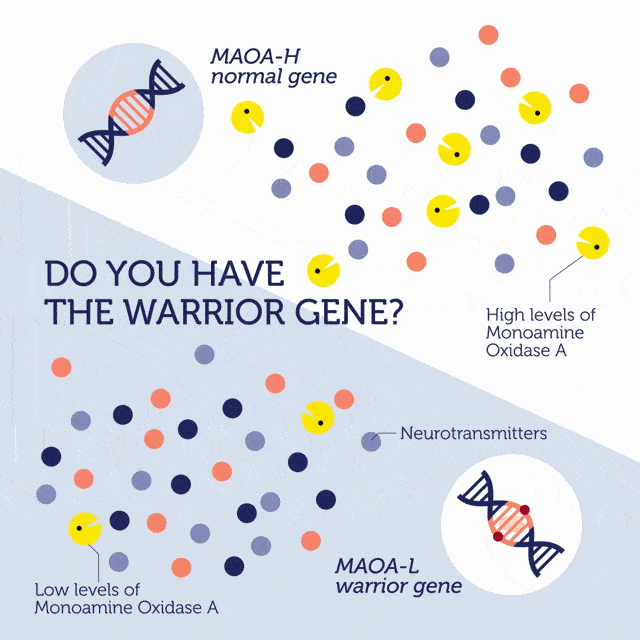
They are also at higher risk of becoming gang members and using weapons in a fight. Other negative behaviors, such as alcoholism, panic disorders, pathological gambling and antisocial behavior, are also associated with the warrior gene.
But, not all of the outcomes are negative. Their impulsive nature makes warrior carriers smart businessmen. They are better at making high-risk decisions that are in their favour, and are more likely to profit from these decisions. You can read more about the warrior gene and their business success here.
Genetics behind the warrior gene
In case you are left wondering why the studies all focused on men, the explanation is simple. MAOA is located on the X chromosome.
Men only inherit one X chromosome, which means they only have one version of MAOA. So if a man inherits the warrior gene, he can only produce low levels of monoamine oxidase A. These men are risk of the behavioral changes associated with the warrior gene.
If a woman inherits the warrior gene, there is a good chance that her second copy of MAOA is normal, so she can still produce plenty of monoamine oxidase A. These women known as carriers can still pass the warrior gene to her children. So, there is a 50% chance that the warrior gene may affect her sons.
Do you have the warrior gene?
Trying to explain behavior based on a single gene is tricky, and it is further complicated by the fact that our environment also influences our genes. But science has shown that there is definitely an association between the warrior gene and increased aggression.
A simple genetic test can tell you whether you may be predisposed to aggression, and encourage you to learn how to manage and control any aggressive tendencies in stressful situations. Find out if you have the warrior gene with the DNA Warrior Gene Test.


